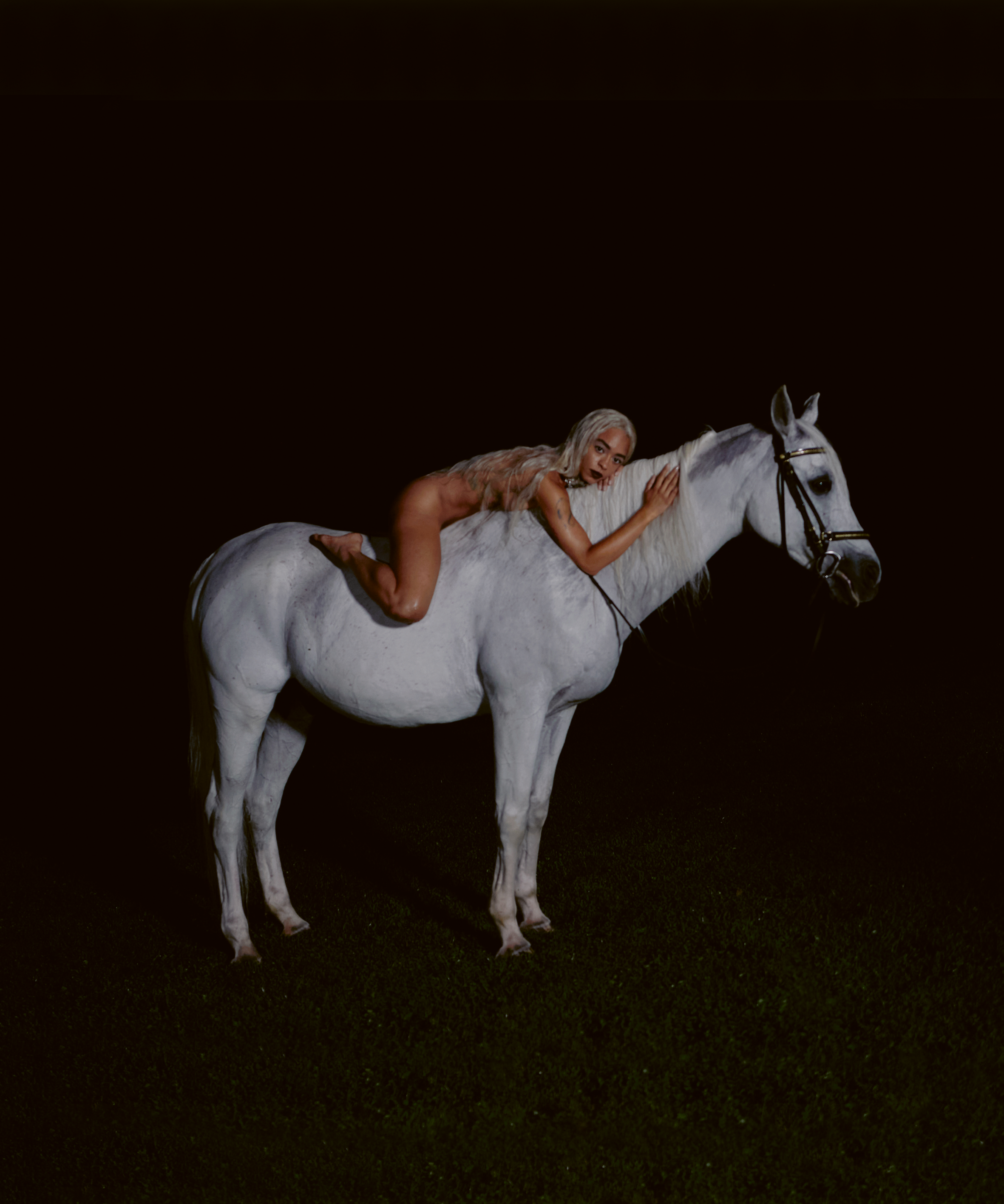Conversations
Kelsey Lu Digs Deep
Puja Patel
November 10, 2025

Download Feeld
A Fucking Magazine
Pitching to Feeld
We’re looking for more freelance contributors. Is it you?
We’re looking for more editorial work to publish on our magazine, and this could be both of our lucky days. We welcome contributors of all experiences, and all mediums. Any content for the Feeld magazine can be pitched as a series of graphic designs, illustrations, text, or photography. We’re also open to pitches that fall entirely outside of these parameters. More information is available by clicking here.
Read the GuidelinesA fucking Magazine